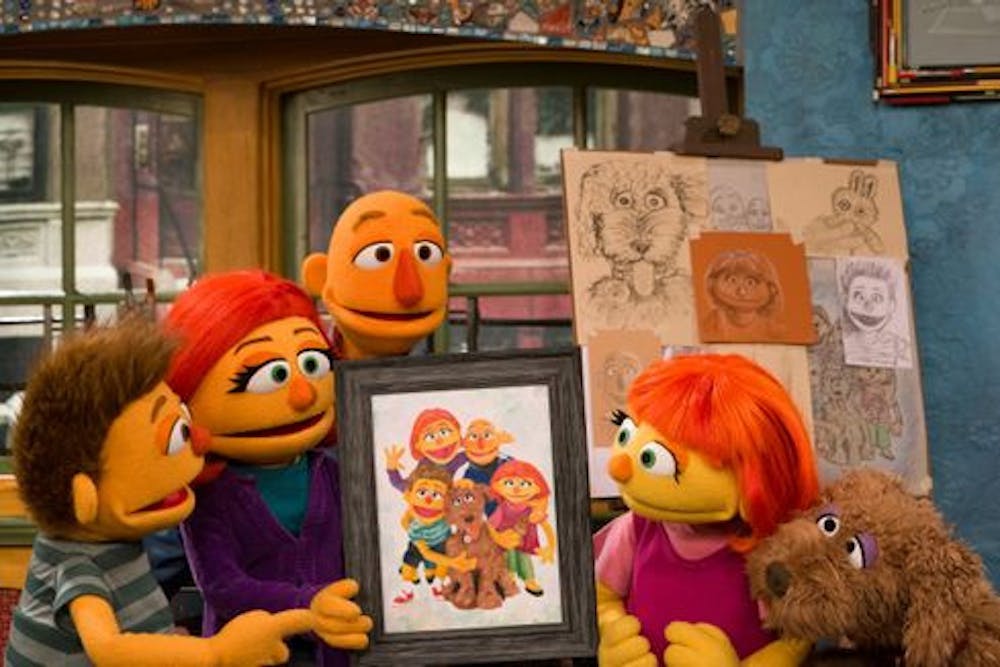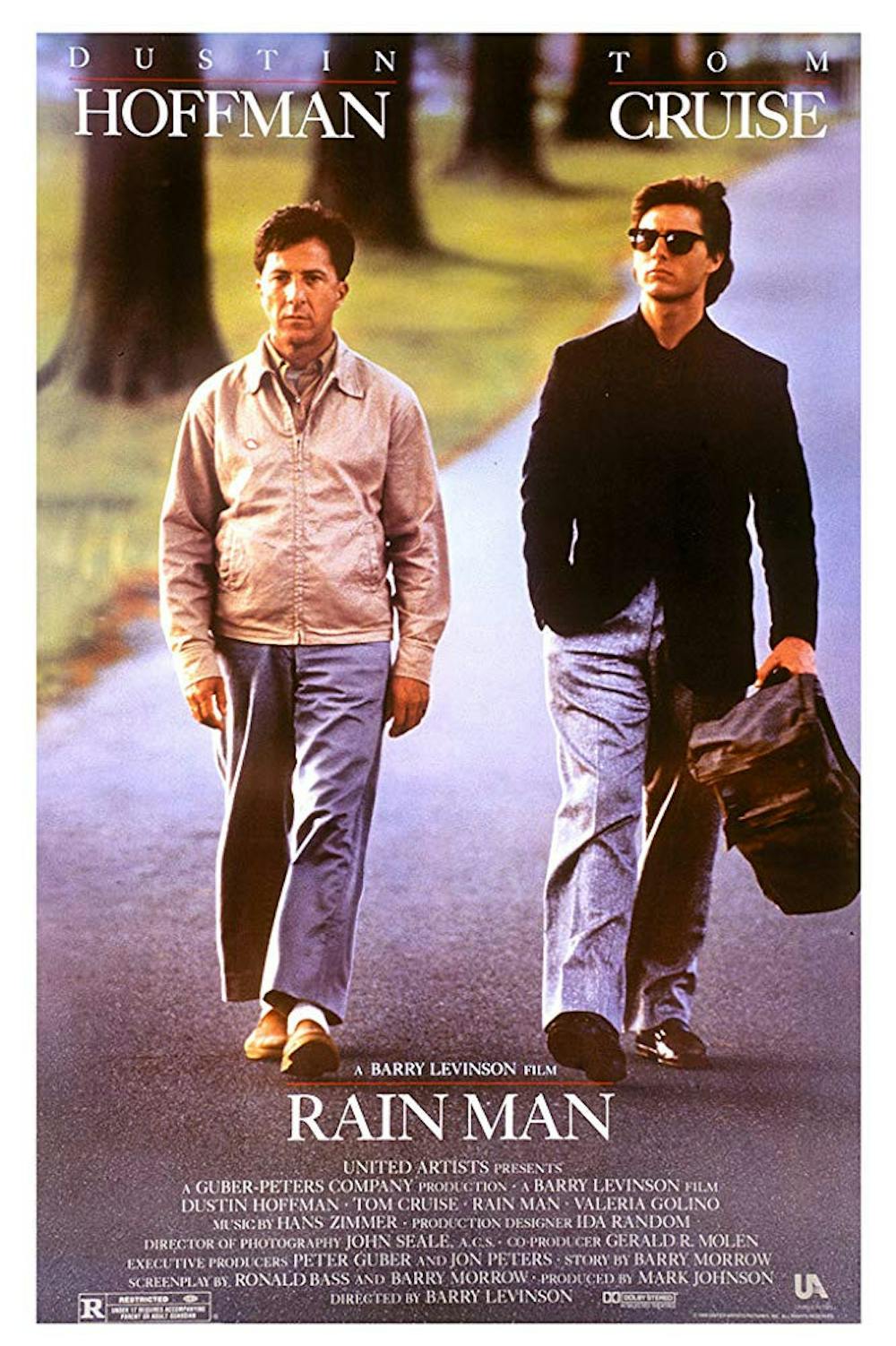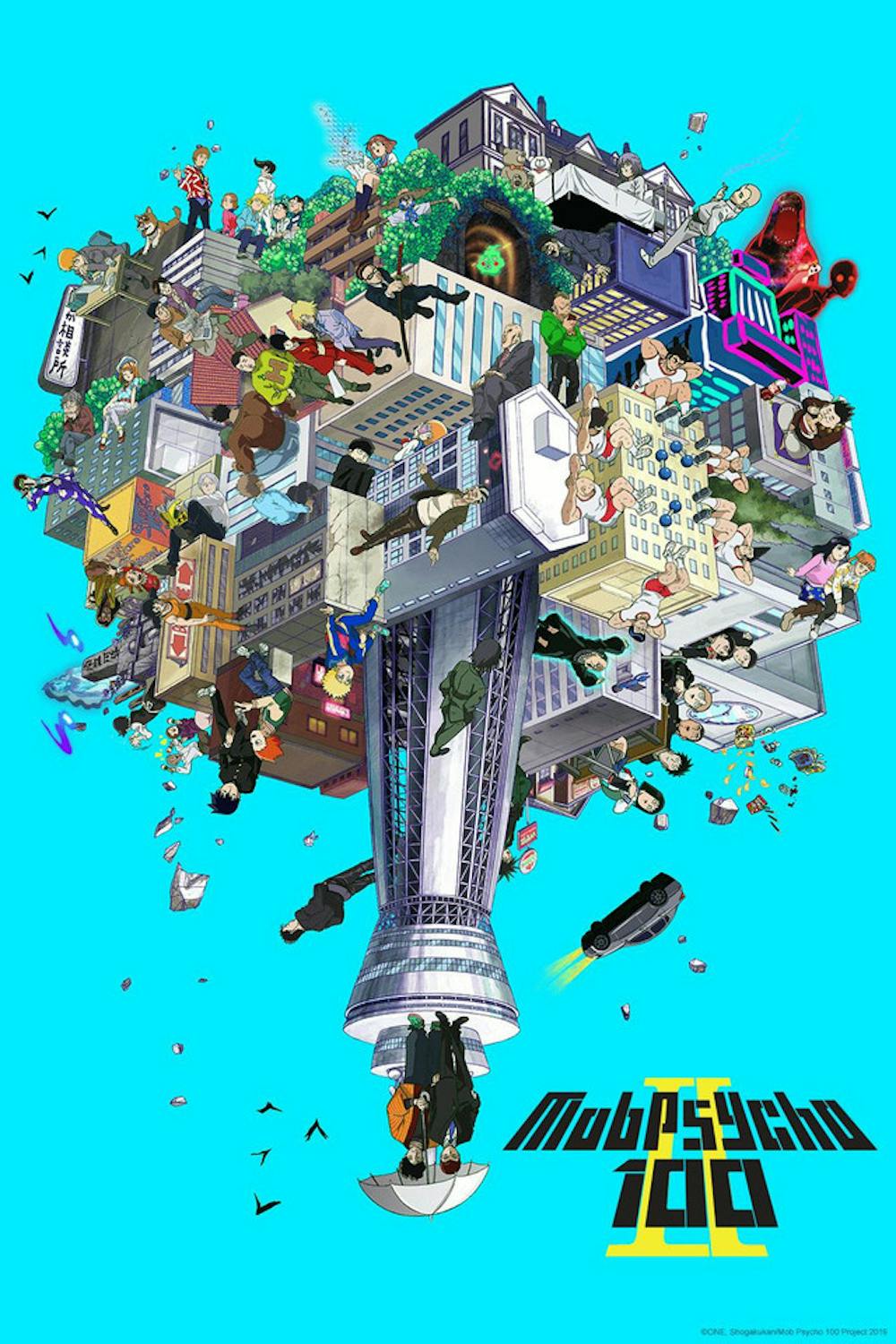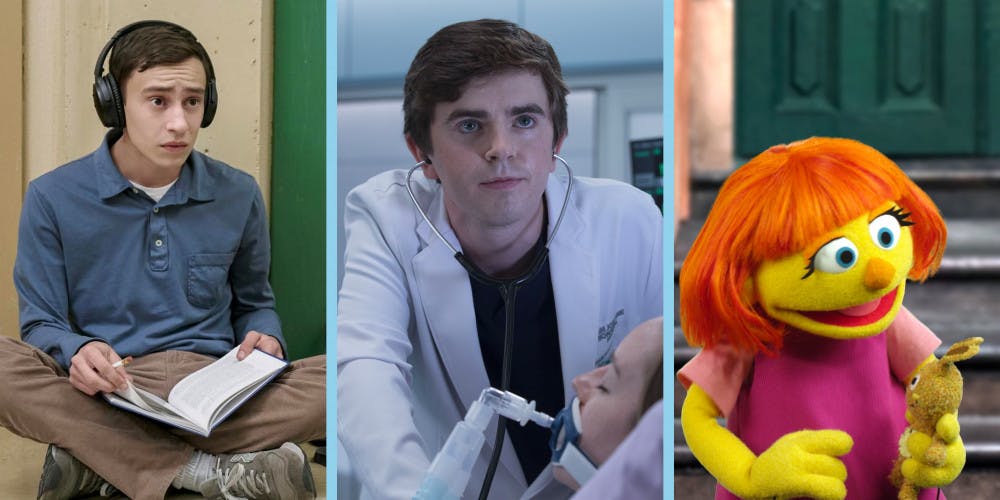by Katherine Simon If you’ve been following the popular media climate in the past decade or so, you’re probably at least somewhat aware of the push for more and better representation of underrepresented groups. Hollywood has been shaky at best when it comes to portraying people of color and LGBT people, and although things are still far from ideal, there have been great strides made for better representing marginalized groups. However, one group that always seems to be left out of the discussion are people with disabilities, specifically people on the autism spectrum. Although arguably not as much as a hot-button issue as queer or POC representation, autistic people still suffer from a lot of similar misconceptions that could be easily remedied with better media representation and general visibility. With April being Autism Acceptance Month and me being on the spectrum myself, I thought it’d be a good idea to look at how popular media has been handling neurodiversity, both the positives and the negatives, and seeing how the industry can improve going forward.
Strides made towards positive representation


What Is Hollywood Getting Wrong?

How can we improve?

The Guardian FastCompany Wayback Machine IGN Autism Research Institute Go London Shaun May SoundCloud USA Today Crunchyroll




















